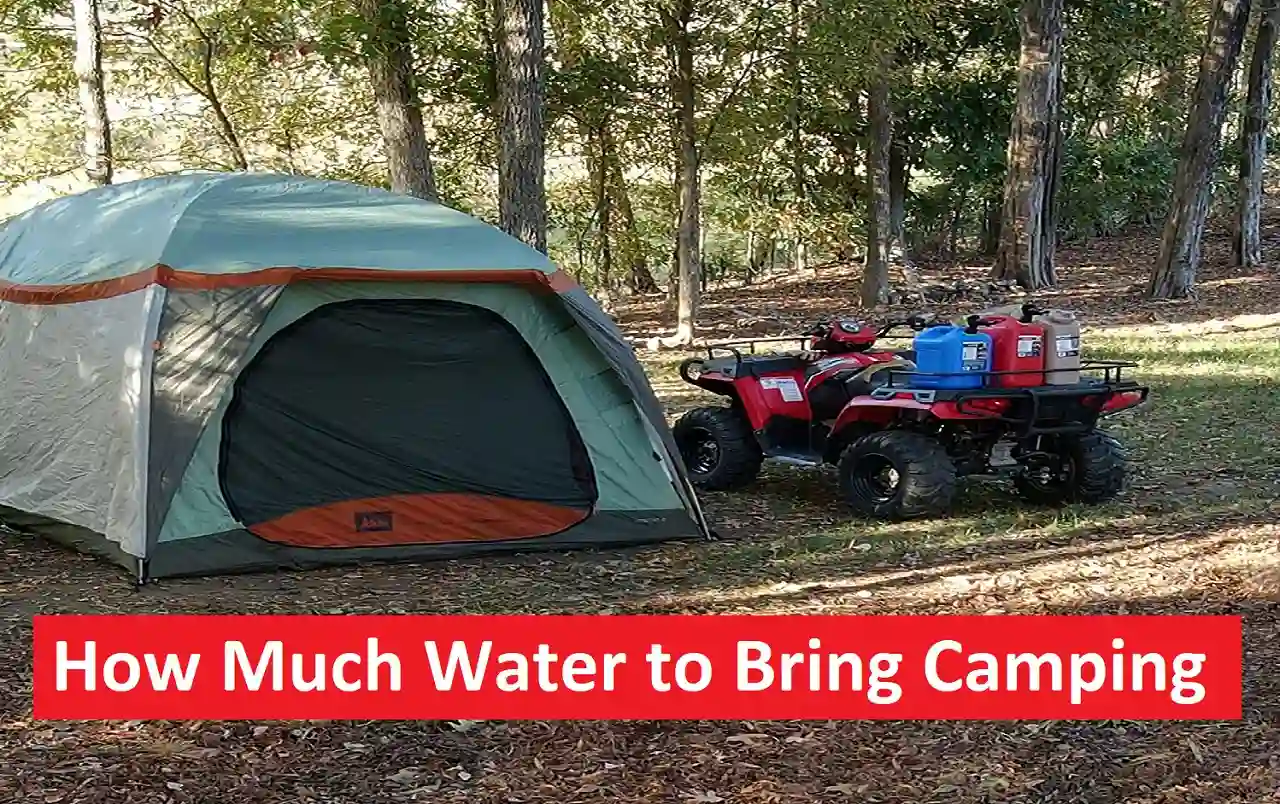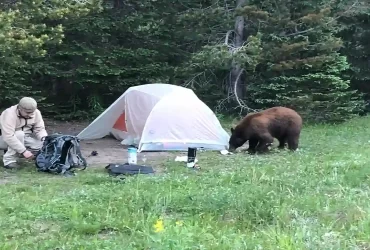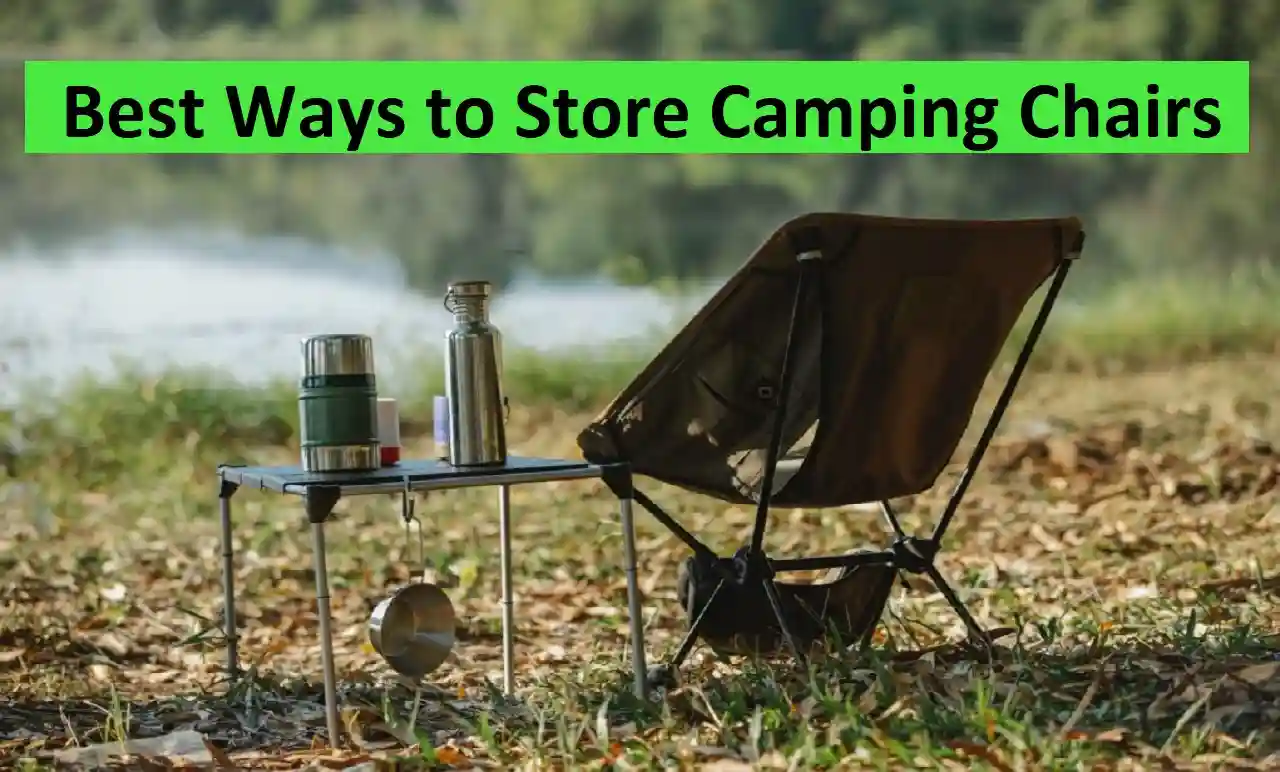Hiking in the wilderness requires hydration to prevent fatigue, dizziness, and heat stroke. You must stay hydrated during your camping trip in order to stay safe and enjoy it. Camping trips should be planned with at least two liters of water per person per day. The effects of dehydration can include fatigue, dizziness, or heatstroke. Your activity level, altitude, and climate all affect how much water you should bring. Bringing more water to strenuous activities or hiking is a good idea.
Additionally, it’s important to consider the source of your water. There are some campgrounds that have clean drinking water available, while others don’t. It is therefore important to bring enough filtered or bottled water for the entire trip. Backpacking or hiking to your campsite will determine how much water you need. Keeping hydrated can be achieved by eating foods like fruits and vegetables.
What to Consider When Bringing Water
For a safe and successful camping trip, it is important to determine how much water to bring. There are a number of factors that can affect the amount of water needed, such as the weight and size of the container, the weather conditions, the activity level, the length of vacation, and the distance from water sources.
Campground Water Affects
The amount of water you need when camping is primarily determined by how much water you consume each day. Water consumption by adults averages two liters a day (half a gallon). This amount, however, can vary depending on a variety of factors, including age, gender, weight, activity level, and environment.
Container weight and size

To determine how much water to bring camping, weigh and size the containers you will be carrying are important considerations. When you carry a large container with you, you will add more weight to your backpack. The best container size for your adventure does not only depend on how much water you need, but also on how much water you need.
Activity levels and weather vary
Camping water needs are largely determined by weather conditions. A hotter climate or higher altitude may cause dehydration faster than a cooler climate or lower altitude. If you are planning your hydration needs, you should also consider your level of activity. When participating in strenuous activities like rock climbing or hiking in hot weather conditions, it is crucial to consume extra fluids.
Also like this:
Campsite distance and time spent camping
Depending on the duration of your camping trip, you will need more drinking water because longer trips consume more hydration resources. In addition, if there are no nearby sources of replenishment, carry enough fluids with you during your journey.
Water Needs and Considerations
Camping water needs are determined by keeping the following factors in mind:
- Water is always more important than you think.
- Identify potential water sources and plan your route.
- Untreated water from nature can be treated with a water filter or purification tablet.
- Drink regularly throughout the day to meet your body’s hydration needs.
Guide to bringing enough water when camping

You might find it challenging to estimate how much water to take on a camping trip if you’re a newbie. Some may argue that overpacking is better than underpacking, but carrying excess water can add unnecessary weight and make hiking more difficult. These guidelines will help you stay hydrated while camping without weighing yourself down.
Determine Your Water Needs
There are several factors that determine the amount of water you will need while camping, including temperature, altitude, humidity, and exercise level. Camping requires consuming at least 2-3 liters of water per day, according to general guidelines. It may be necessary to drink up to 4-6 liters per day if you’re trekking high altitudes or in hot weather.
Consider Your Activities
On your trip, you will need to bring a significant amount of water depending on your activities. In addition to water, you will need more water if you intend to engage in strenuous activities such as hiking and climbing. Whenever you estimate your water usage, you should take into account the duration and intensity of each activity.
Plan for Emergencies
You must always pack enough water for yourself and your family, but you should also be prepared for emergencies, such as delays or injuries. Whenever possible, carry extra water with you just in case you need to hydrate more.
Check Water Sources
Research the area where you will be camping and see if there are any rivers or streams that can provide drinking water during the trip. In the event of unreliable water sources or contaminated water, consider bringing a portable filtration system or iodine tablets to purify any water on hand.
Bring Reusable Containers
Bringing reusable containers can not only be environmentally friendly, but can also help you reduce the weight and space in your backpack. Cleanable and refillable containers should be lightweight and durable.
Drink one gallon of water per person per day

Staying hydrated while camping is crucial, since dehydration can cause headaches, dizziness, fatigue, and other health problems. Staying hydrated while on your trip requires you to carry enough water. It is recommended that each individual drinks one gallon of drinking water each day. Your age, activity level, and the weather may all influence the amount of water you need. The prevalence of dehydration is higher in children and the elderly.
Drinking enough water keeps your body hydrated. While camping or participating in activities such as cycling or hiking, you will lose a lot of fluid through sweat. Dehydrating fluids such as coffee and alcohol increase urine production, which causes more fluid loss than usual. It is also important to increase your water intake to maintain a healthy body temperature.
Water should be safe and clean when camping, as well as enough drinking water. Natural sources such as rivers and lakes can be cleaned using water purification tablets or portable water filters. Drinking water and other water that can be used while camping should be brought. Water will be needed for cooking, washing dishes, showering, and washing your hands.
A camping trip should include at least one gallon of drinking water per person per day to keep you hydrated and healthy. You should adjust your water intake depending on the weather, your activity level, and your consumption of dehydrating fluids. If you want to filter or purify your water, use a water filter or purification tablet.
Also like this:
Conclusion
Water is one of the most important things to consider when planning an outdoor adventure. You will need at least one gallon of drinking water per person, based on your location, weather conditions, and activity level; bring enough water for cooking and personal hygiene; conserve water; stay hydrated throughout the day to avoid dehydration; and use practical packing and carrying tips. Stay hydrated while camping, and take plenty of water with you!





Leave a Reply
View Comments